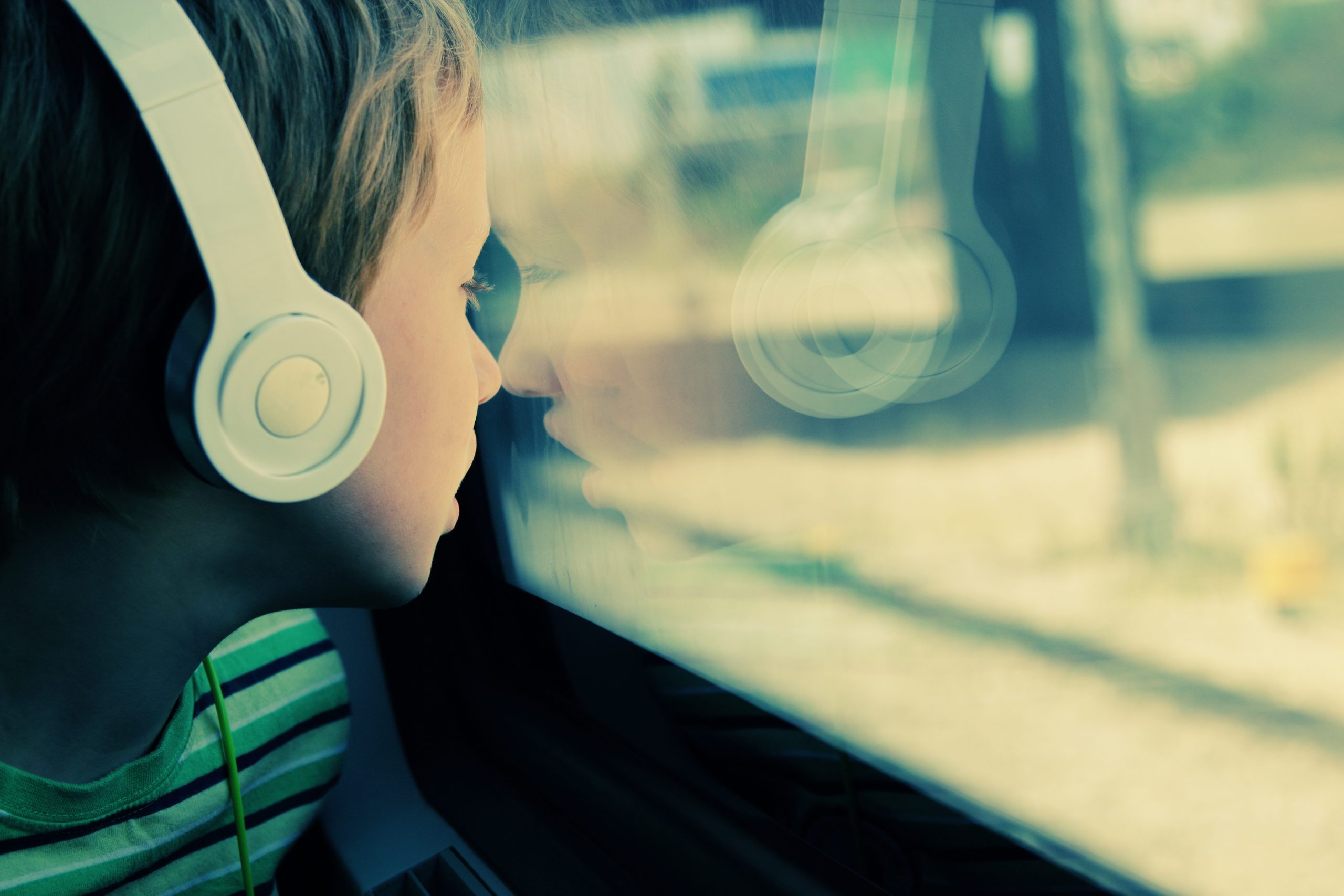Traveling with autism presents unique challenges, but that doesn’t mean RV life is off-limits. In fact, hitting the road in your own self-contained space can be one of the most comfortable and empowering ways to travel with a child on the autism spectrum. With careful planning and thoughtful accommodations, RV travel can offer the structure, predictability, and flexibility many families need—without sacrificing adventure.
At Happy Camper Insurance, we know every family’s journey looks different. That’s why we’re passionate about helping you prepare not just your insurance policy, but your entire travel experience. If you’re considering RV travel with your autistic child, here are tips, benefits, and planning insights to help you hit the road with confidence.
Why Choose RV Travel?
RV travel gives families with neurodiverse children more control than air travel, hotel stays, or crowded public spaces. Some key benefits include:
- Consistent routines: You can keep meal times, bedtimes, and sensory breaks consistent no matter where you park.
- Familiar environment: Your RV becomes a mobile safe zone with familiar sounds, smells, and comforts from home.
- Reduced sensory overwhelm: Compared to airports or theme parks, you can set your pace and avoid overstimulation.
- Safe space for meltdowns: If your child becomes overwhelmed, your RV is a private, calming space to decompress.
Planning a Road trip with Autistic Child in Mind
1. Involve your child early
Use social stories, maps, and videos to help your child understand what to expect on your RV journey. Involving them in planning can increase excitement and reduce anxiety.
2. Choose autism-friendly destinations
Look for quiet campgrounds or RV parks with nature-based activities and space to roam. Avoid overly crowded or overstimulating areas unless your child enjoys that level of activity.
3. Pack comfort items
Bring your child’s favorite bedding, pajamas, noise-canceling headphones, fidget toys, and safe foods. Familiar objects offer security in new environments.
4. Maintain routines
Stick to regular mealtimes, hygiene routines, and sleep schedules as closely as possible—even on the road. Use timers or visuals to support transitions.
5. Plan for downtime
Schedule breaks throughout the day to give your child time to recharge, especially after social or sensory-heavy activities.
6. Prepare for safety
If your child is prone to wandering, consider GPS trackers, door alarms, or medical alert bracelets. Keep emergency contact info on hand, and have a current photo and ID kit just in case.
RV Safety and Insurance Tips
Before setting off, make sure your RV is travel-ready and your insurance is up to date. Consider:
- Comprehensive coverage that includes theft, weather damage, and roadside assistance.
- Personal belongings protection, especially if you’re bringing medical equipment or electronics.
- Trip interruption coverage in case you need to cut your journey short for unexpected medical or behavioral reasons.
At Happy Camper Insurance, we specialize in policies that protect families with unique needs—including those navigating life on the spectrum.
Traveling with Autism: Embracing the Journey
Traveling with autism doesn’t mean giving up the joy of exploration—it just means traveling with intention, compassion, and flexibility. RVing allows families to create a home base wherever they go, giving children with autism the predictability they crave and the adventure they deserve.
If you’re planning an RV trip with your neurodiverse child, let Happy Camper Insurance help protect the journey. We’ll search top-rated carriers to find coverage that fits your needs, budget, and peace of mind—so you can focus on making memories that last a lifetime.
Start your journey today—contact us for a personalized RV insurance quote.


